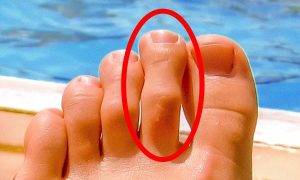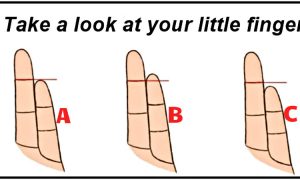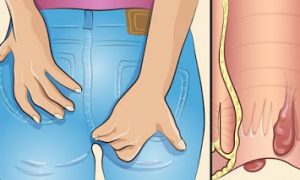There are many little things and signs your body sends when it comes to disease. It is important to recognize these signs because the symptoms of some diseases can save your life. This article will teach you how your navel form can detect if certain organs in the body function properly.
In an effort to better understand the role of bacteria in human health, scientists collected samples of belly button germs from 500 people. The subsequent analysis revealed a staggering variety of bacteria, including Staphylococcus and Streptococcus. Before you become alarmed, you should be aware that these bacteria occur naturally on the skin are harmless under normal circumstances. Another study on belly button germs even found a single-celled organism called Archea on two individuals. This critter is normally only found in marine volcanic vents and hot springs
If your navel has this form, it must be observed so as not to become bigger. If it can be more noticeable than usual, and you lifted something difficult lately, that is not normal and it is the first sign of a hernia.
Small Bump Shape
People who have this form of navel are more prone to flu and viruses.
Tucked Navel
This navel shape can indicate problems with the digestive system. Also, in many cases, people with this form of navel are obese. Also, it can lead to depression in some cases.
Belly Button that looks like Almond
People with this form of navel are likely to suffer from severe migraines and pain in the muscles and bones. Also, this form of the navel can indicate a sign of brittle bones.
Bulge Navel with the shape like the letter U
People with this form of navel often have skin problem






















